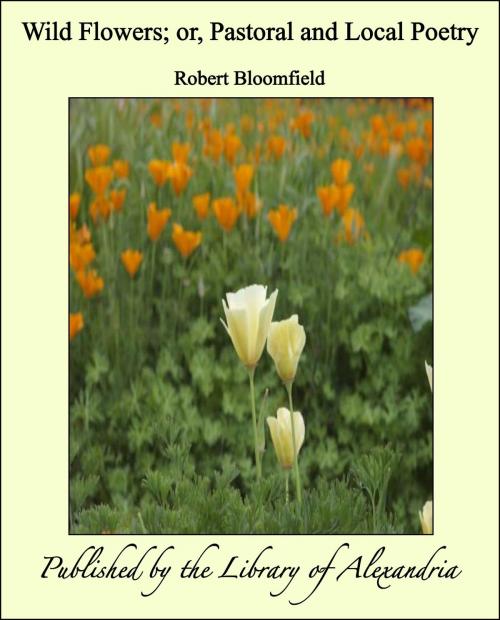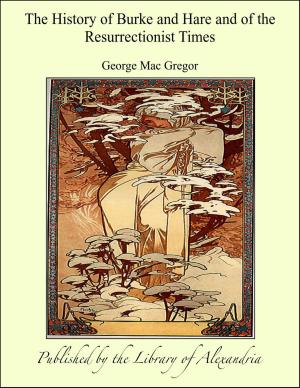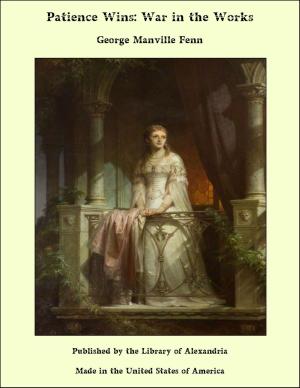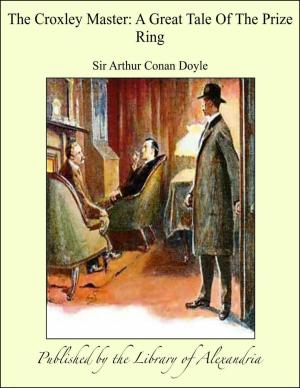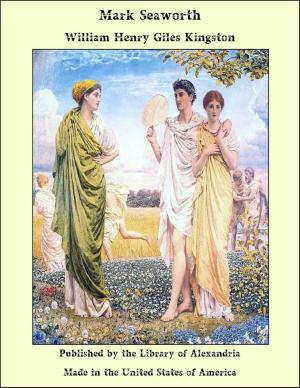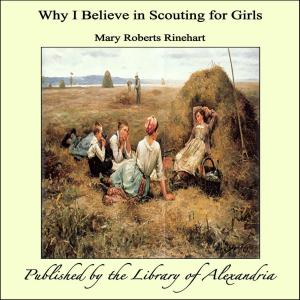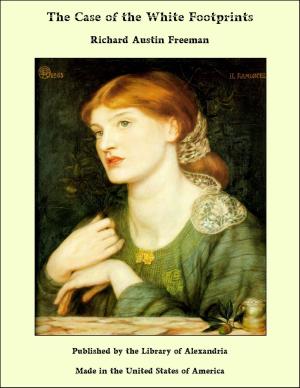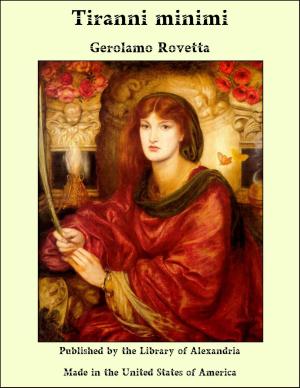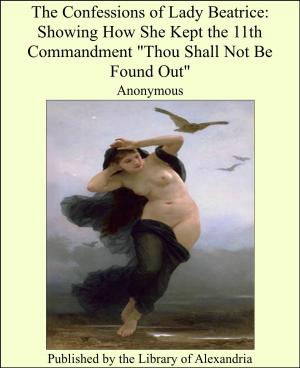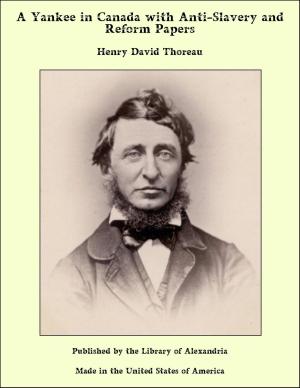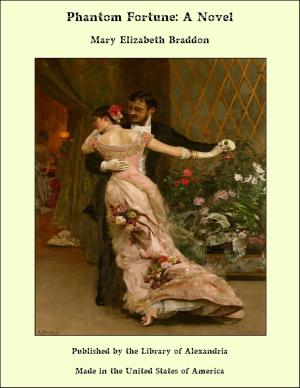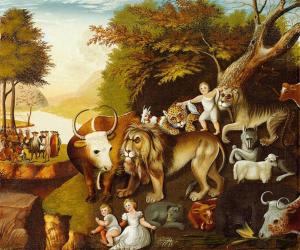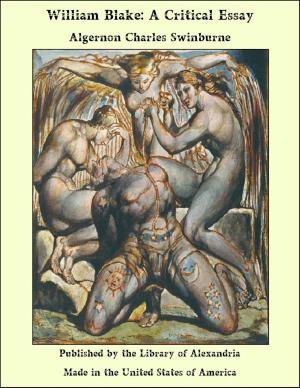Wild Flowers; or, Pastoral and Local Poetry
Nonfiction, Religion & Spirituality, New Age, History, Fiction & Literature| Author: | Robert Bloomfield | ISBN: | 9781465559944 |
| Publisher: | Library of Alexandria | Publication: | July 29, 2009 |
| Imprint: | Library of Alexandria | Language: | English |
| Author: | Robert Bloomfield |
| ISBN: | 9781465559944 |
| Publisher: | Library of Alexandria |
| Publication: | July 29, 2009 |
| Imprint: | Library of Alexandria |
| Language: | English |
A man of the first eminence, in whose day (fortunately perhaps for me) I was not destined to appear before the public, or to abide the Herculean crab-tree of his criticism, Dr. Johnson, has said, in his preface to Shakspeare, that—"Nothing can please many, and please long, but just representations of general nature." My representations of nature, whatever may be said of their justness, are not general, unless we admit, what I suspect to be the case, that nature in a village is very much like nature every where else. It will be observed that all my pictures are from humble life, and most of my heroines servant maids. Such I would have them: being fully persuaded that, in no other way would my endeavours, either to please or to instruct, have an equal chance of success. The path I have thus taken, from necessity, as well as from choice, is well understood and approved by hundreds, who are capable of ranging in the higher walks of literature.—But with due deference to their superior claim, I confess, that no recompense has been half so grateful or half so agreeable to me as female approbation. To be readily and generally understood, to have my simple Tales almost instinctively relished by those who have so decided an influence over the lives, hearts, and manners of us all, is the utmost stretch of my ambition. I here venture, before the public eye, a selection from the various pieces which have been the source of much pleasure, and the solace of my leisure hours during the last four years, and since the publication of the "Rural Tales." Perhaps, in some of them, more of mirth is intermingled than many who know me would expect, or than the severe will be inclined to approve. But surely what I can say, or can be expected to say, on subjects of country life, would gain little by the seriousness of a preacher, or by exhibiting fallacious representations of what has long been termed Rural Innocence. The Poem of "Good Tidings" is partially known to the world, but, as it was originally intended to assume its present appearance and size, I have gladly availed myself of an endeavour to improve it; and, from its present extended circulation, I trust it will be new to thousands
A man of the first eminence, in whose day (fortunately perhaps for me) I was not destined to appear before the public, or to abide the Herculean crab-tree of his criticism, Dr. Johnson, has said, in his preface to Shakspeare, that—"Nothing can please many, and please long, but just representations of general nature." My representations of nature, whatever may be said of their justness, are not general, unless we admit, what I suspect to be the case, that nature in a village is very much like nature every where else. It will be observed that all my pictures are from humble life, and most of my heroines servant maids. Such I would have them: being fully persuaded that, in no other way would my endeavours, either to please or to instruct, have an equal chance of success. The path I have thus taken, from necessity, as well as from choice, is well understood and approved by hundreds, who are capable of ranging in the higher walks of literature.—But with due deference to their superior claim, I confess, that no recompense has been half so grateful or half so agreeable to me as female approbation. To be readily and generally understood, to have my simple Tales almost instinctively relished by those who have so decided an influence over the lives, hearts, and manners of us all, is the utmost stretch of my ambition. I here venture, before the public eye, a selection from the various pieces which have been the source of much pleasure, and the solace of my leisure hours during the last four years, and since the publication of the "Rural Tales." Perhaps, in some of them, more of mirth is intermingled than many who know me would expect, or than the severe will be inclined to approve. But surely what I can say, or can be expected to say, on subjects of country life, would gain little by the seriousness of a preacher, or by exhibiting fallacious representations of what has long been termed Rural Innocence. The Poem of "Good Tidings" is partially known to the world, but, as it was originally intended to assume its present appearance and size, I have gladly availed myself of an endeavour to improve it; and, from its present extended circulation, I trust it will be new to thousands
